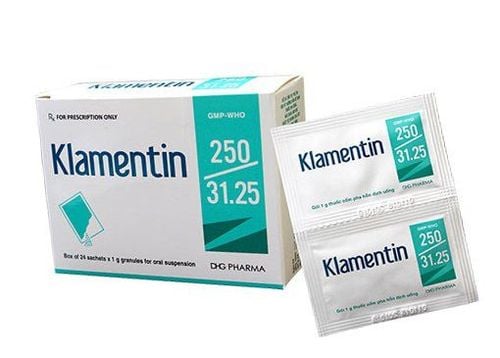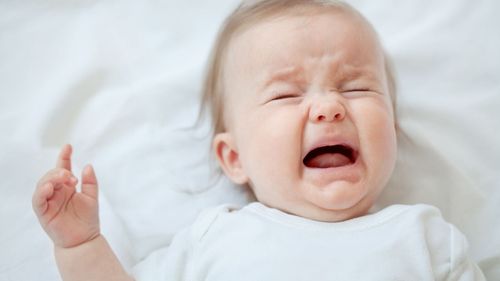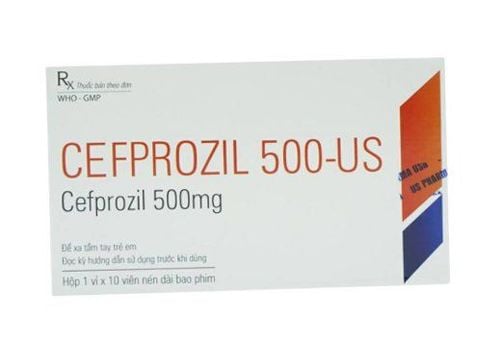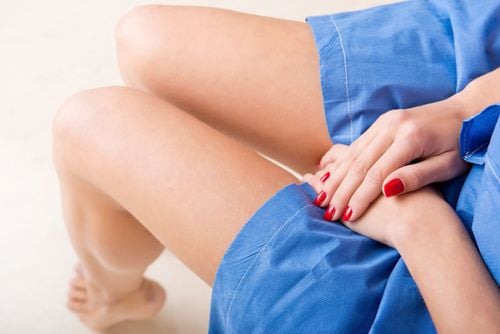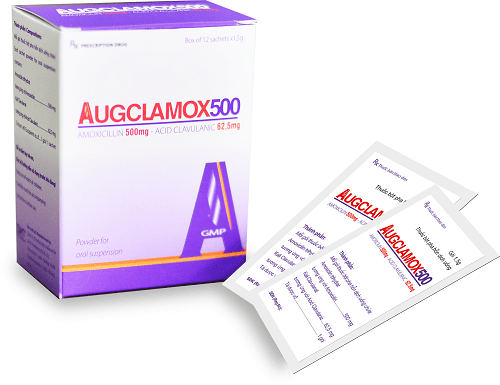This is an automatically translated article.
Acute glomerulonephritis in children is a common disease in children 2-12 years old. Children should be examined and treated early to avoid the risk of the disease turning into chronic glomerulonephritis.1. What is acute glomerulonephritis in children?
Acute glomerulonephritis is an autoimmune disease of the glomerulonephritis, usually triggered by a streptococcal group A infection. The disease is common in children aged 2-12, the ratio of boys to girls infected disease is 2/1. In our country, acute glomerulonephritis usually occurs in summer (due to skin infections) and winter (due to sore throat). This disease is directly related to environmental sanitation and living conditions.
2. Causes of acute glomerulonephritis in children
Acute glomerulonephritis usually occurs when the child has had previous infections. The cause is due to allergies, poor resistance or poor hygiene. Specifically:
Children under 3 years old: Suffering from acute glomerulonephritis after contracting skin infections such as dermatitis, impetigo. Children over 3 years old: Suffering from acute glomerulonephritis after pharyngitis, tonsillitis.
3. Symptoms of acute glomerulonephritis in children
Edema: A common symptom in children with acute glomerulonephritis. Glomerulonephritis in children causes facial edema, swollen eyelids, two edematous stools, especially around the ankles. Usually patients have a lot of edema in the morning and reduce significantly in the evening. This symptom is common in the first 10 days of illness, then gradually subsides when the child urinates a lot. Blood in the stool: The child has blood in the urine 1-2 times a day, infrequently, the urine is cloudy red like meat wash. This symptom usually appears in the first week of the child's glomerulonephritis, and can return after 2-3 weeks. Later, the number of times of blood in the urine gradually became less frequent, about 3-4 days after urinating and then completely stopped. Blood in the urine does not affect the general health of the body. Oliguria (oliguria, anuria): Common in the first week of illness, lasting for 3-4 days, the child's urine volume is less than 500ml/day, there is no increase in blood urea and creatinine or insignificant increase. tell. Oliguria may recur in the first 2-3 weeks of illness. Among the cases of acute renal failure, symptoms of oliguria, anuria persisted, and symptoms of increased blood urea and creatinine were present. If acute renal failure recurs many times, it can lead to rapidly progressing glomerulonephritis, chronic glomerulonephritis,... Yellow urine, proteinuria (protein in the urine). Mild fever (37.5 - 38.5 degrees Celsius), kidney pain, abdominal pain, bloating, loose stools, nausea,... High blood pressure: This is a symptom found in 50% of children with glomerulonephritis. grant. Hypertension in children ranges from 140/90 mmHg. Some cases of hypertension are paroxysmal and persist for many days with a blood pressure of about 180/100 mmHg. Patients feel severe headache, dizziness, coma, convulsions due to brain edema and can lead to death. Heart failure: Often accompanied by symptoms of paroxysmal hypertension due to sudden increase in circulating volume and may also be caused by acute glomerulonephritis in children causing cardiomyopathy. Children with acute heart failure present with shortness of breath, inability to lie down, easily leading to pulmonary edema (sweating, severe dyspnea, rapid and shallow breathing, retraction of suprasternal pit, supraclavicular pit, cavity retraction. intercostal spaces), coughs, spits out pink foam, etc. If not treated promptly, the child may die.
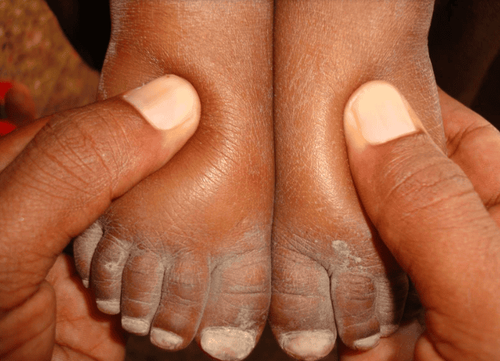
Phù quanh cổ chân là triệu chứng rất hay gặp của trẻ vị viêm cầu thận cấp
4. Treatment of acute glomerulonephritis in children
4.1. Principles of treatment Reduce the burden on the kidneys. Enhances the urine-forming function of the kidneys. Early detection and timely treatment of serious complications of the disease. Kill streptococcus and prevent the risk of recurrence. Periodic monitoring, timely detection and treatment of bad cases. 4.2. Treatment to reduce the burden on the kidneys Bed rest in the acute phase, especially when high blood pressure, hematuria is profuse for 2-3 weeks. Children are not allowed to do heavy activities, only go back to school when the disease is stable, and only exercise and work when the disease has been stable for at least 6 months. After 1-2 years, when the disease is stable, children should be vaccinated. Anti-cold for children. Children need to eat absolute bland food in the days of high edema and relatively pale later. Only limit protid (0.5 - 1g/kg/24h) when the child has anuria, blood urea is elevated. Children should eat more foods rich in glucid and lipids to avoid self-digestion of body proteins. Children should limit their water consumption. The formula for calculating water intake is equal to the amount of urine the previous day plus 200-300ml. If the child has a high fever, the daily water requirement can be increased by 10%.
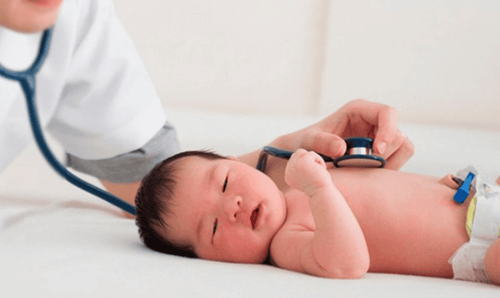
Trẻ bị bệnh cần được đi khám sớm và điều trị
4.3 Enhance the kidney's urine-forming function Only applicable when the patient has a lot of edema and for complications of hypertension, heart failure, kidney failure. Mainly use Furosemide 1-2 mg/kg/24h Use antibiotic to kill streptococcus and prevent recurrence. Use Penicillin with appropriate dosage as prescribed by doctor to fight streptococcus infection, prevent re-infection and this drug is safe. for the kidney. If the child is allergic to penicillin, erythromycin can be substituted with the appropriate dose. 4.5. Early detection and treatment of complications due to hypertension
Care regimen: It is necessary to give children complete bed rest, absolute light meals, limit water intake, strictly monitor heart rate, blood pressure, balance electrolytes and can give the child oxygen, respiratory support. Take diuretics as prescribed by your doctor. Take fast-acting blood pressure-lowering medications as prescribed by your doctor. Prevention of cerebral edema: Prescribe a pillow for the child's head at 30 degrees and take medicine as prescribed by the doctor. Sedation, anticonvulsant by drugs with doses recommended by specialists. During a seizure, the child should lie on his or her head and shield the tongue to avoid biting the tongue. Acute heart failure
Care with regimens, diuretics, hypotension, sedation as above. Give the child oxygen. Use heart medications exactly as prescribed. Acute pulmonary edema
Give the child oxygen through a 10-20% alcohol solution. Morphine injection for children > 5 years old: 0.25-0.5 mg/year/time. Inject blood 100-200 ml/m2 body area. Garo 3 limbs rotate in case the child is too weak or anemic. Garo 3 limbs, leave 1 limb free and rotate so that each limb cannot be garo for more than 15 minutes. Intubation and respiratory support if necessary. Acute kidney failure
Ensure the necessary calorie intake for the child's body. Daily protein intake is reduced to 0.5 - 1g/kg/day. Limit your child's intake of foods containing sodium and potassium. Balance fluid out - in the child's body. Causes strong diuresis. Antiacid blood with sodium bicarbonate solution. Balance electrolytes against hyperkalemia, anti-low calcium and sodium. Early extrarenal dialysis. 4.6. Routine care and monitoring Every day, parents need to monitor weight, edema, urine output, blood pressure, and pulse temperature of children with acute glomerulonephritis. At the same time, parents should also keep warm and clean their children's teeth every day. When discharged from the hospital, it is necessary to test the child's urine for proteinuria according to the schedule: In 6 months, test once a month, if it is still positive, then continue to perform normal tests after 6 months. If the result is negative, parents can test the child every 3 months for the first 2 years. If negative 2 times in a row, the monitoring can be stopped.
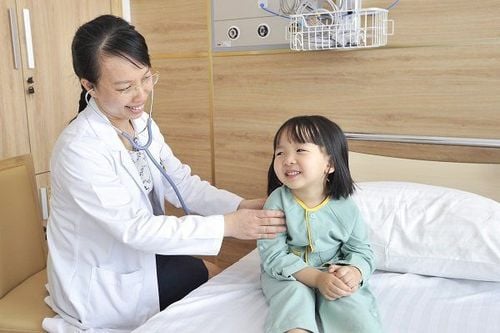
Khám cho trẻ tại Bệnh viện Đa khoa Quốc tế Vinmec
5. How to prevent acute glomerulonephritis in children
Fight streptococcal infection by giving children good oral hygiene, avoiding strep throat, keeping body hygiene, bathing clean to avoid dermatitis, impetigo. Early detection and treatment of strep throat. Avoid contact with people with acute glomerulonephritis. In children who often have streptococcal infections, penicillin prophylactic treatment should be given at the dose prescribed by a specialist. For children who have had acute glomerulonephritis, prevent recurrence by actively treating the foci of streptococcal infection and keeping the child warm, avoiding sudden cold. If detected and treated early, children with acute glomerulonephritis can recover completely. Therefore, when a child shows signs of skin infection, respiratory infection or glomerulonephritis, parents should promptly send the child to a medical facility for examination and treatment.
Please dial HOTLINE for more information or register for an appointment HERE. Download MyVinmec app to make appointments faster and to manage your bookings easily.




